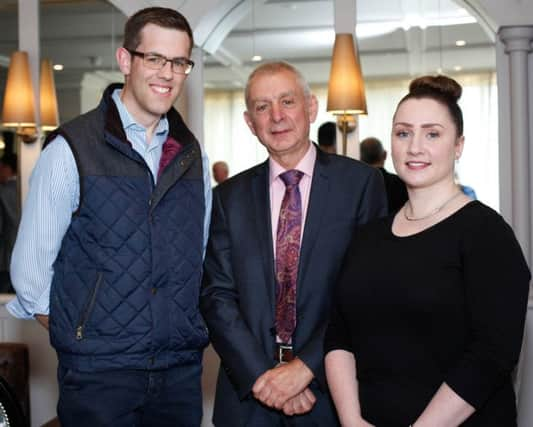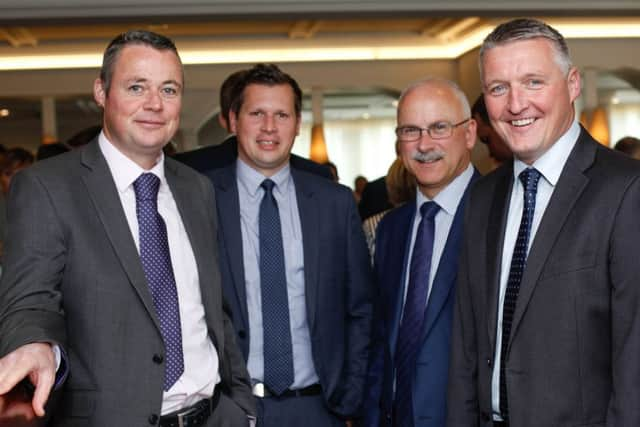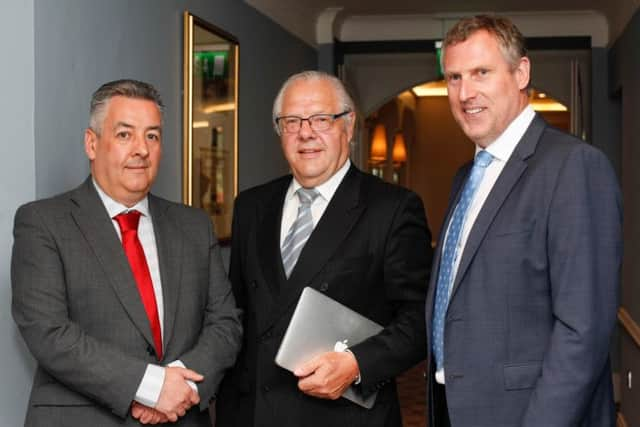Cautious optimism in the dairy industry


He pointed out that market returns were increasing and he expected this to be reflected in producer prices in the fourth quarter of 2016 as the effects of product forward sold by dairy companies work out of the system.
Mr Johnston referred to some of the reasons for market improvement, including an easing of milk production globally, with reductions in EU, GB, NI and New Zealand.
Advertisement
Hide AdAdvertisement
Hide AdCulling of dairy cows has been a factor in these reductions with cull cows up 3% for July in Northern Ireland; France up 10% and Netherlands 15%.


While all of this sounds promising, Mr Johnston sounded a note of caution and reminded his audience that there are 260,000 tonnes of milk powder in EU Intervention and July stocks of butter in the USA were the highest in 100 years. He emphasised that it is difficult to predict the future based on previous experience of dairy volatility cycles since this is the first recovery from a trough the industry has experienced without quotas.
Referring to the possible impact of Brexit on the NI dairy industry, Mr Johnston said that although there are more questions than answers at present, the industry’s stance is “business as usual”. However, in terms of servicing the needs of customers in home and export markets the focus continues to be to be on quality and safety: “Grass will continue to grow, and cows will continue to produce milk, and we will continue to ensure that our customers have a supply of high quality dairy products from NI.”
Mr Johnston concluded by describing the steps being considered by an industry group representing the complete supply chain, to minimise the uncertainty that comes with volatility in the industry.
Advertisement
Hide AdAdvertisement
Hide AdHe added: “All businesses within the dairy supply chain need to minimise uncertainty and risk in their decision making.


“The group has been considering all possibilities, such as partnerships within a more joined up supply chain. We are also looking at systems used in other countries to assist the industry during periods of extreme volatility.”